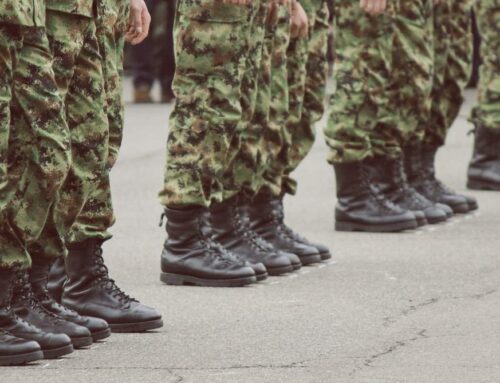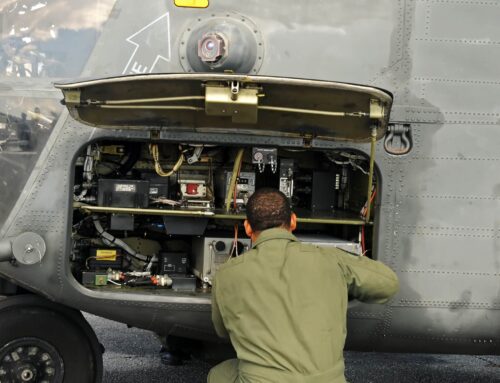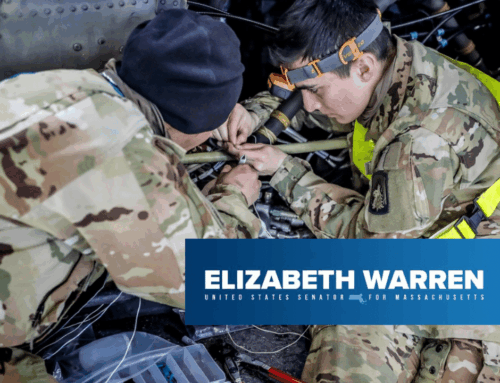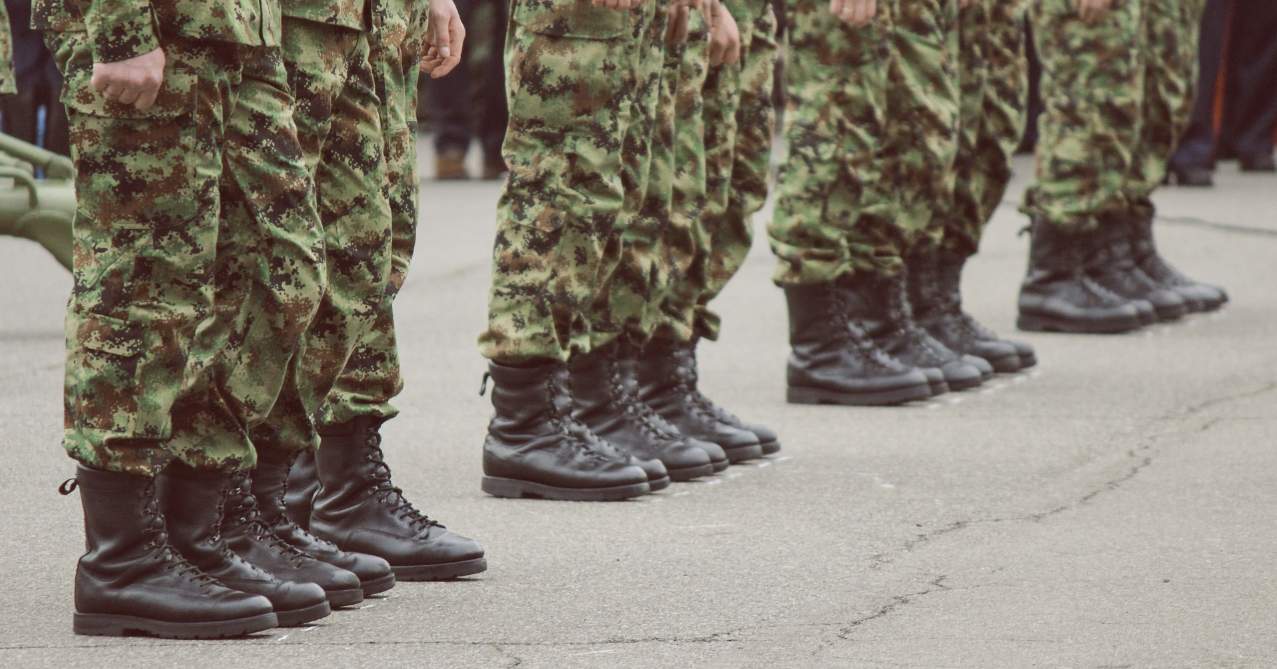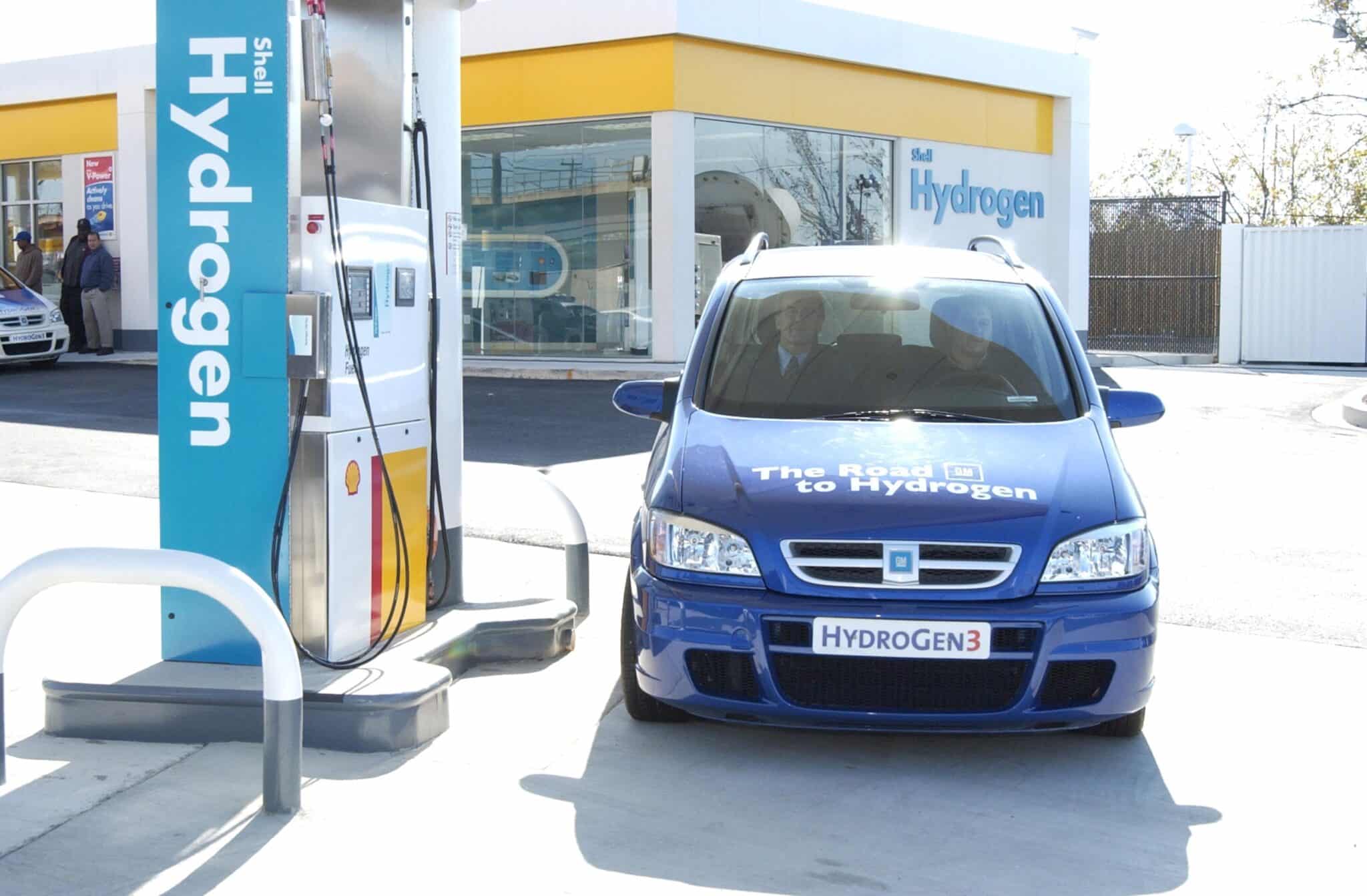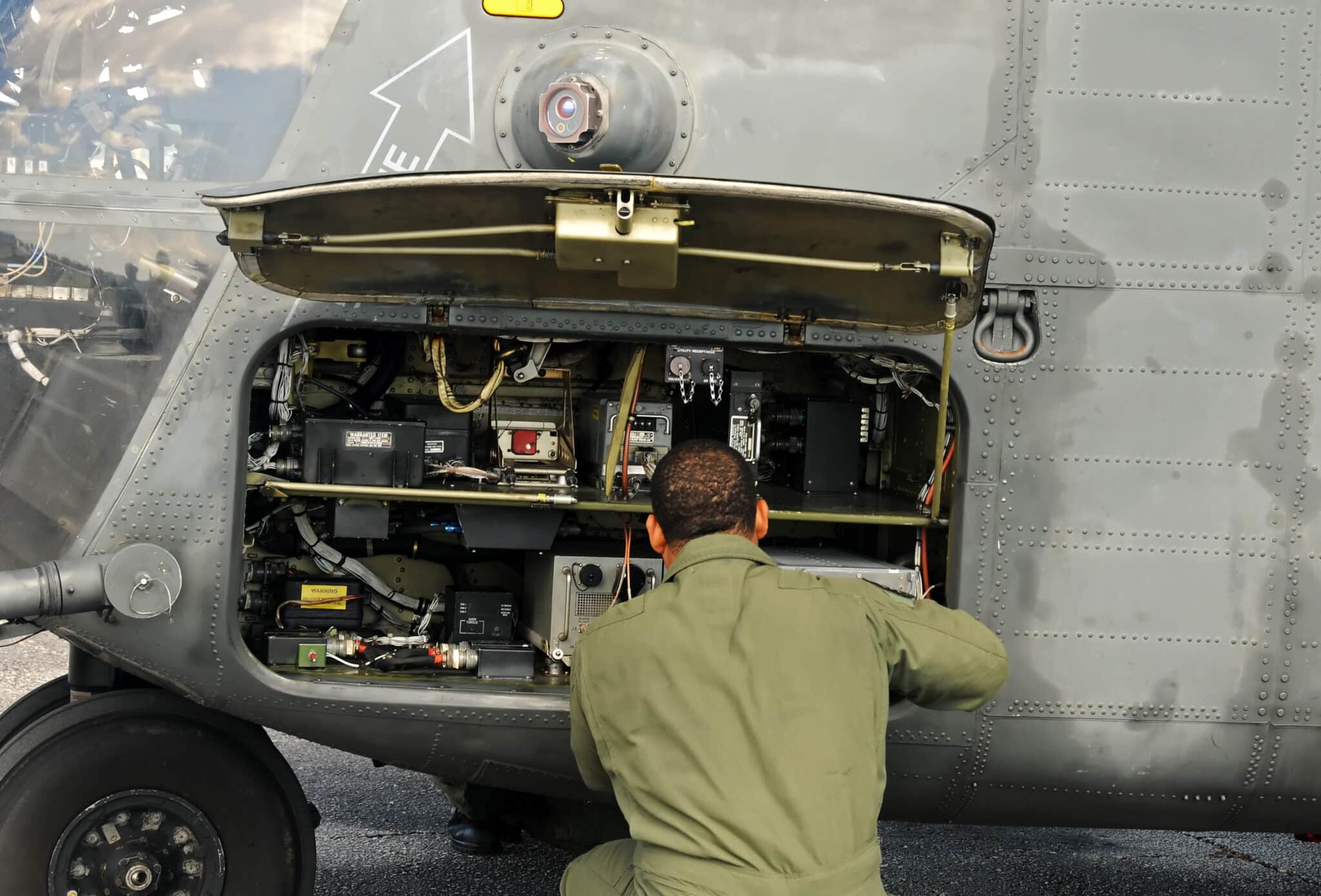The House has denied most of the Pentagon’s proposal for a quick fix to deadly rollover accidents in the military’s fleet of older Humvees, instead opting to buy new vehicles produced in Indiana, the home state of Defense Appropriations Subcommittee Chairman Peter J. Visclosky.
The Pentagon requested $93.75 million in its fiscal 2021 budget to address “rollover and loss of control incidents resulting in fatalities and serious injury,” according to budget documents. The department described the requested kits, which include anti-lock braking and electronic stability control systems, as a more affordable and faster solution to a growing problem than buying new Humvees.
Both the House and Senate versions of the fiscal 2021 Pentagon policy bill authorize the funding. The House Defense Appropriations Subcommittee, however, removed the money for the 5,421 safety kits specifically needed to equip the entire fleet of legacy Humvees.
During floor debate on the spending bill last month, the House approved an amendment from Republican Rep. Paul Mitchell of Michigan that would restore $17.1 million in funding for the kits. But that is enough for fewer than 1,000 kits, leaving 4,400 of the older Humvees without new protections.
“Rollover accidents are a lingering problem for the Army. I offered my amendment to help ensure preventable — and too often deadly — rollover accidents are properly mitigated,” Mitchell said in a statement to CQ Roll Call.
Ricardo Defense, the contractor that produces the retrofit kits, has offices near Mitchell’s district.
The House-passed appropriations bill includes nearly $200 million for new Humvees, which include the latest safety technology but were not requested by the administration. Those new Humvees would be produced by the Indiana-based defense contractor AM General.
Until last month, AM General was owned by MacAndrews & Forbes Inc., a top contributor to Visclosky’s campaigns since at least 2012, according to data from the Center for Responsive Politics. Visclosky, a Democrat, is retiring at the end of this Congress.
AM General declined to comment on the funding in the bill. Visclosky’s office did not respond to requests for comment.
Older Humvees, also called legacy vehicles, are expected to remain in use until the 2040s. Experts and industry leaders say the funding gap would leave thousands of Humvees without the necessary safety technology to prevent rollovers.
“The bottom line is that you’re going to get fewer Humvees with anti-lock brakes and stability control systems if you’re buying new ones than if you retrofitted the old ones,” said Steve Ellis, the president of Taxpayers for Common Sense, a nonpartisan federal budget watchdog organization. “And in reality, it’s cheaper to modify the old vehicles than to buy new ones.”
Chet Gryczan, the president of Ricardo Defense, said servicemembers who operate the legacy Humvees without the kits installed put themselves and others at risk.
“Without full funding, several thousand vehicles will remain unsafe, forcing a choice of who is to remain safe and who isn’t,” Gryczan said.
Texas ties
Although the safety kits are produced by Ricardo Defense, they would have been installed in partnership with the Army’s own Red River Depot, a sprawling military complex that employs about 3,000 people in Bowie County, Texas, near the border with Arkansas.
“We’re looking at about 500 jobs in our area that would be impacted by the cancellation of these safety kits,” said Steven Seals, a member of the Chamber of Commerce for Texarkana, the closest city to the depot. According to Seals, it takes about 125 people roughly 40 hours to retrofit a Humvee with a safety kit, but that process is still “more bang for your buck” than producing new vehicles.
The House decision to slash funds for safety kits has also gained the attention of some lawmakers with a political stake in the success of the Red River Army Depot.
“Our workforce at RRAD is vital to U.S. national security, and it’s difficult to keep critical expertise there if the Army and Congress keep yanking the rug out from under them,” said a spokeswoman for Sen. Tom Cotton, R-Ark., an Armed Services Committee member. “Cotton’s goal is to keep the team at RRAD working, period.”
Texas Republican Sen. Ted Cruz agrees with the sentiment, according to a spokesman.
“Our inventory of High Mobility Multipurpose Wheeled Vehicles are long overdue for ABS/ESC retrofit kit installation, which was being done successfully at Red River Army Depot. Moving the money budgeted for that project and putting it towards more expensive and unnecessary new vehicles disregards the request of the Army and the safety of our soldiers,” the spokesperson said.
The Senate Appropriations Committee did not mark up its own version of the fiscal 2021 Defense Department spending bill before the August recess.
Rollovers spike
The funding dispute comes as the military is grappling with an increase in rollover deaths during training.
A July report by the Congressional Research Service found that over 31 percent of U.S. active-duty military deaths since 2006 were the result of non-combat-related accidents. Of those, 16 percent involved vehicles.
Between 2015 and 2018, the Army reported a total of 14 rollover fatalities. In 2019 alone, there were eight. And other services have seen similar spikes. Four Marines died in vehicle rollovers during training in 2019.
The spike in accidents prompted Congress to request that the Government Accountability Office open a sweeping investigation into the Army and the Marine Corps, the results of which will be sent to Congress next year.


